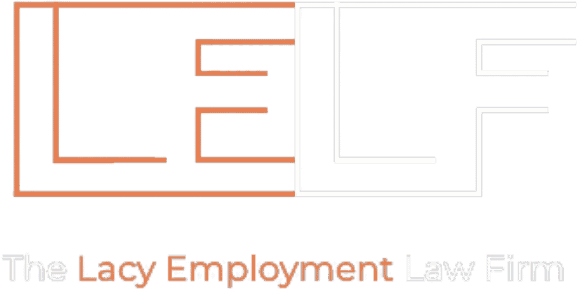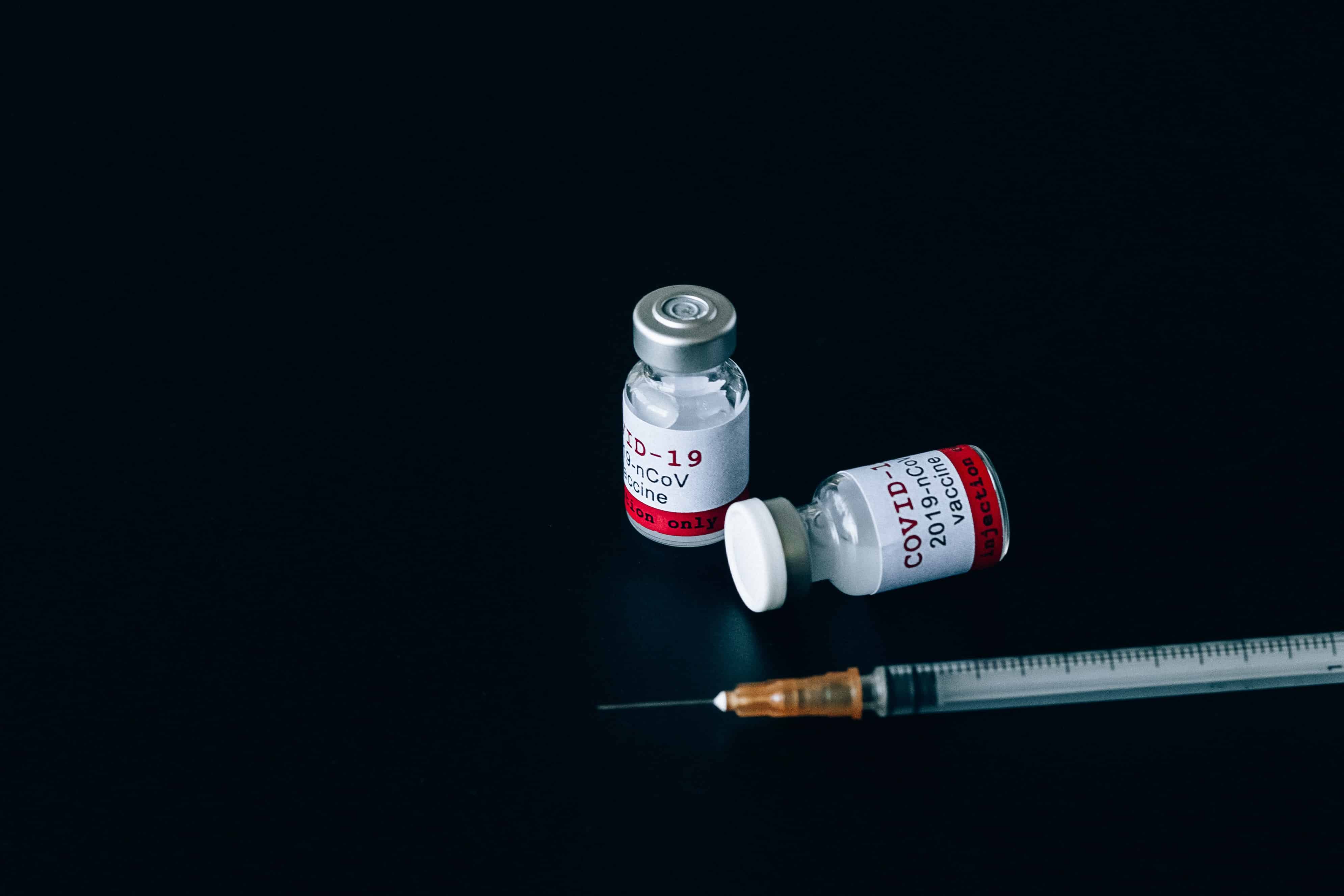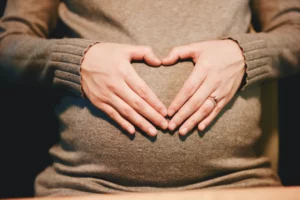Recently, I have received numerous inquires regarding the COVID-19 vaccine and whether your employer can mandate them. I have also given answers to several publications regarding the vaccine.
Here, I have reposted questions that a journalist recently asked me regarding this issue. I suspect that the answers to these questions may answer many of your questions/concerns regarding vaccine mandates.
- Can my work require me to get the vaccine? And, if so, how can I get out of it?
I have written about this before, but we are at the point now where no one in the legal community is seriously arguing that your work cannot mandate the vaccine.
There are only two ways you can get out of a mandate: 1) arguing that you have a medical exemption under the Americans with Disabilities Act (“ADA”) or 2) arguing that you have a religious exemption under Title VII.
Workplaces are taking a hardline approach to these exemptions. For the ADA, you will likely have to show an actual underlying preexisting condition that the vaccine will exacerbate or proof that you will suffer some type of complication from the vaccine. Fear that the vaccine is untested and could harm you in the future will not, most likely, be enough to get you a medical exemption.
Further, with respect to religious exemptions, as discussed below, you will likely have to show more than just a personal belief.
- Do you think COVID-19 vaccine exemption rates will be lower, higher, or about the same as other vaccine exemptions, and why?
I think that they will be lower. We’ve seen a lot of people attempt to get a vaccine exemption given the unprecedented pandemic. The COVID-19 vaccine is also more controversial and divisive than perhaps any other vaccine in modern history.
In my practice, I field multiple questions a week regarding the vaccine and exemptions. People opposed to the vaccine are doing whatever they can to get out of taking it. This leads to people trying to stretch religious and medical exemptions in the hope of receiving an exemption. Simply, fewer COVID-19 requests are legitimate.
- Could the Delta variant, rising cases of COVID-19, and other factors relating to the pandemic make it more difficult to get a vaccine exemption? Or would outside influences not make an impact on whether an exemption gets approved?
There are two prongs to the exemption test: 1) whether a medical or religious exemption applies and 2) whether the company would face undue hardship in exempting someone. With the Delta variant, companies will be better able to argue against the exemptions due to undue hardship. Thus, it will likely become harder to get an exemption.
- It appears medical exemptions require some sort of documentation from a doctor, but how would it work for religious/right of conscience exemptions?
People often think that saying the vaccine is against religious belief is enough. It’s usually not. Employees who want a religious exemption should get a note from their pastor/spiritual guide stating that the COVID-19 vaccine is against their religion. It will operate much the same as going to a doctor for documentation.
- I saw one exemption form that only required a checkmark if someone objects to a vaccine on religious grounds. Will this be common for COVID exemptions? Or do you think workplaces or schools will require more thorough religious exemption request? (Granted, this form may be pre-COVID).
Under the law, I think that they can require a more stringent exemption vetting. And I think workplaces and schools will start to do so. This is all new, so workplaces and schools might be hesitant at first. But as a legal consensus builds, I think we will see more stringent vetting.
- I read a WaPo story that talks about how reviewing and approving/denying religious exemption requests will get a little tricky. What do you think make this process difficult?
It is difficult to make an opinion on whether someone’s religious belief is legitimate. You do not want to deny someone’s religious belief in violation of the First Amendment/Title VII. Thus, I believe that workplaces/schools are exercising caution here.
- I’ve also read that the sincerity of a request may be considered. How much leeway do you think will be given to college students by schools for medical and philosophical exemptions?
I’m not sure much will. College students generally are healthier than the rest of the population. Thus, medical exemptions will likely not be given out freely. Further, the same test applies for religious exemptions, and I’m sure that schools will be skeptical of requests.
- Are there any specific examples of legitimate arguments that people may or are already using for COVID-19 vaccine exemptions that I could include in my story?
I’ve seen people with complications from COVID-19 receive doctor’s notes stating that the vaccine might be harmful. Also, if you can get the note from your religious leader, you will likely get a religious exemption.
- Are there any good examples of illegitimate arguments for medical, religious, and philosophical exemptions?
- “The vaccine is against my religious beliefs” without stating that it is against the religion as a whole.
- “I feel like the vaccine is dangerous to my health” without medical documentation.
- “I think the vaccine is a government conspiracy.”

















